Generative AI has completely upended the tech industry with every executive using the term to drive value of their company.
Amidst the frenzy, the big question is whether this transformative AI tech can help drive innovation.
In the Netherlands, that question is being asked by Amsterdam Chemistry Network (ACN), a community of chemistry professionals with a self-professed goal of becoming the umbrella organisation representing the chemical research and business of Amsterdam.
ACN counts research institutes University of Amsterdam (UvA), VU Amsterdam, and AMOLF, innovative companies like Argent Energy, Seaborough, MatrixIC, and public organisations like Port of Amsterdam and ChemistryNL as its members.
Marco Tibaldi, ACN Operation Manager, does not see that to be enough. He says the Dutch chemical industry grapples with pressing challenges and hopes ACN can become the platform helping innovators overcome those challenges.
The first step in that effort is the organisation of ChemAI, an event that aims to paint the most accurate picture yet of how AI is changing chemical discovery.
Enabling valuable collaborations
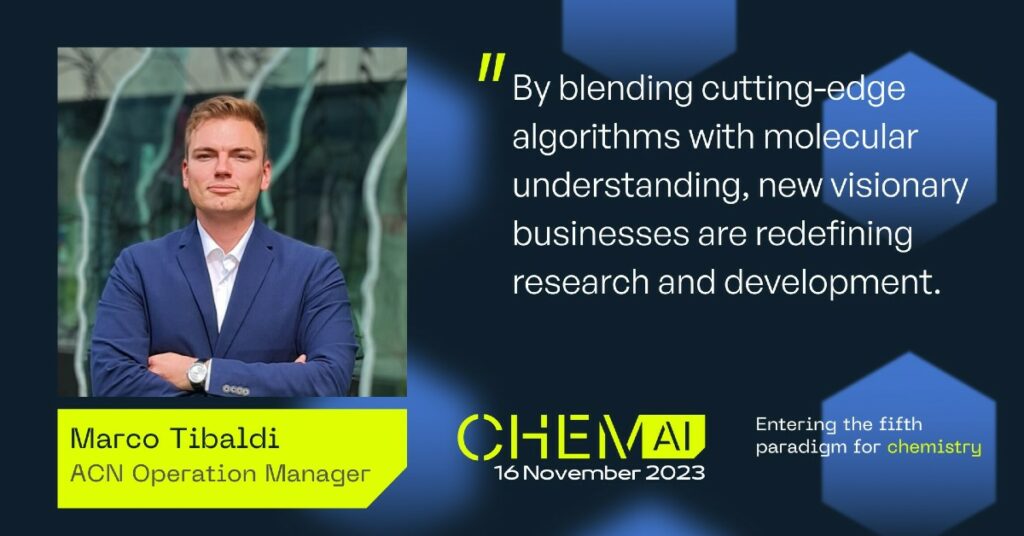
The most pressing challenge of our times, according to Tibaldi, is one concerning green energy supply stability, the need for enhanced facilities, infrastructure necessary to facilitate efficient scaling up of chemical processes, and the complexities surrounding material transition.
“These challenges underscore the imperative for increased innovation and robust public-private cooperation,” he says.
We are at this critical juncture in the chemical industry where AI is being creatively used for drug discovery.
Drug discovery is expensive, inefficient, and riddled with failure but the use of AI and machine learning is seen as an opportunity to understand drug targets better.
In fact, the first-ever AI-designed drug molecule from Exscientia entered human clinical trials in early 2020, while AbSci used generative AI “to create and validate de novo antibodies in silico” in January 2023.
For Tibaldi, these advancements show that other parts of the world are moving faster than the Dutch chemical industry and sees renewed focus to accelerate innovation.
With Amsterdam Chemistry Network, Tibaldi is creating a middleman capable of answering any question a researcher or a company might have to overcome innovation barriers.
He further explains that ACN is able to do this by offering “hands-on support to access talent, facilities, funding, and national initiatives via its extensive network.”
“We don’t want that valuable collaborations do not happen, because people don’t know each other,” explains Tibaldi.
ChemAI: Plugging the information gap
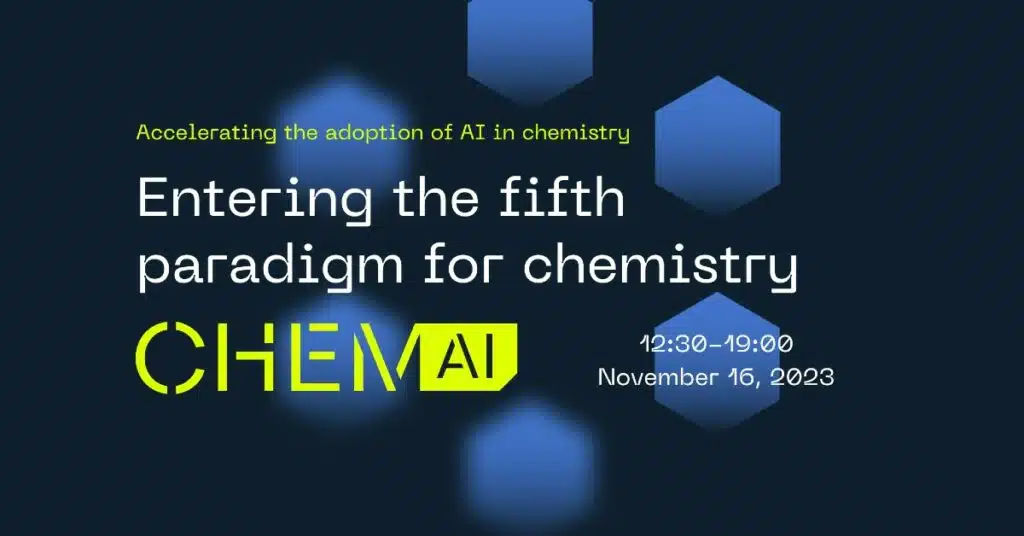
Amsterdam Chemistry Network recognises the strength of the Dutch capital lies in its solutions related to sustainable chemistry and life sciences.
Tibaldi sees these areas as the ‘low-hanging fruits’ for AI application and an opportunity for the region to come together and invest in its growth.
He adds, “We want to build a shared, long-term vision among the players in these two fields.”
But that shared vision faces its challenges in the form of lack of facilities, infrastructure, specialised workforce, and policy to support innovation. That’s not all.
Tibaldi argues there is not enough lobbying to convince investors and the society that “green chemistry is cool” and necessary for a fossil-free economy.
Despite these challenges, ACN sees an opportunity with AI due to the public interest and immense popularity among the tech community.
To further the use of AI in the Dutch chemical industry, ACN is hosting ChemAI on November 16 at LAB42 as a platform bringing together leading researchers, scientists, entrepreneurs, and executives.
ChemAI has a two pronged goal. On one hand, it wants to be the event showcasing the successful implementations of AI tools and methods from academia and startups in topics related to chemistry.
On the other hand, it wants to be the platform for the business community to engage, explore the rising opportunity, and walk away with the belief that they won’t miss out on these developments.
Fifth paradigm for chemistry
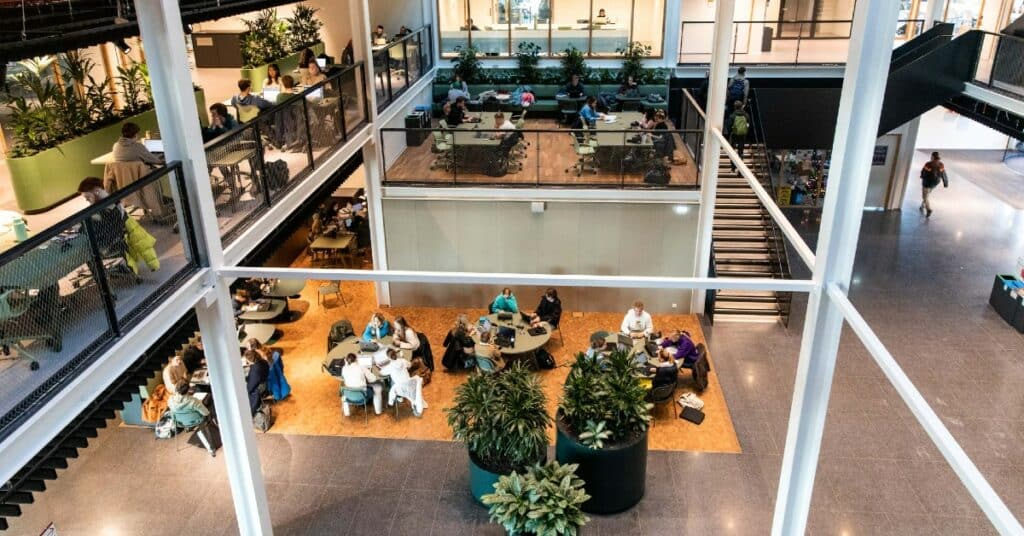
At ChemAI, ACN wants the community to recognise AI as the fifth paradigm for chemistry.
If the first paradigm began with the direct study of nature then the second paradigm can be described as the introduction of theoretical models in the 17th century while the third paradigm saw complex calculations being done using a computer.
The fourth paradigm saw the combination of big data and advanced software drastically accelerating the understanding of complex phenomena.
“AI promises to make this progress even more rapid,” says Tibaldi, adding, “it’s important to nurture our human capital.”
However, as a frontier technology, chemists are not taught about AI in their curricula while researchers lack the necessary computing power and AI experts are rarely familiar with chemistry problems to solve them on their own.
To overcome these challenges, Tibaldi sees a need for more experts in digitalisation to enter the traditional sector in the future.
“A platform like ChemAI can promote a cross-contamination of these fields and hopefully inspire more students to enter this little-explored area,” notes Tibaldi.
For Tibaldi and ACN, the fact that the Netherlands has already established itself as a leader in AI and Science and Amsterdam becoming a knowledge centre for high-level innovation in Europe, there is clear opportunity for ChemAI to become “a platform that promotes cooperation across researchers, startups, and up to multinational companies.”
With demonstration of a large biomolecular language model applied in computing-powered medicine by Dr. David Ruau, an expert from NVIDIA, ChemAI will show real ideas.

Alongside language models, Findest will showcase its ChatGPT-like language analysis for literature screening. Tibaldi says AI software developed by Findest can be used to scout for ‘sustainable alternatives’ for certain compounds or look for ‘blind spots’ in literature.
For the Dutch chemical industry, ChemAI will be a curtain raiser to the profound disruption happening in the field of computational chemistry.
The event will see a keynote from Microsoft Research’s Prof. Max Welling on ML and computational chemistry that extends beyond design of proteins, from improved DFT calculations, reaction pathways predictions and all the way to hydrodynamics.
Prof. Matthias Beller from Leibniz Institute for Catalysis will address the role that AI can play in discovering new catalysts and materials on our way to a circular economy.
Beyond these keynotes, Tibaldi says the lab tours in the morning will allow attendees to see for themselves the real use of “ML applied to Liquid Chromatography, or an AI-driven robot that optimises reaction conditions in flow, and even AI applied in the field of Photovoltaics.”
Come and be inspired
When asked for one way to explain ChemAI, Tibaldi is quick to highlight the invite, which simply reads, “Industry leaders: come and be inspired.”
He explains that ChemAI is meant to amaze the leaders in the Dutch chemical industry even if the topics are far from their daily business realm.
Change often comes slowly and in the chemical industry, the change can seem to happen even slower and Tibaldi argues it is best to stay ahead of the curve.
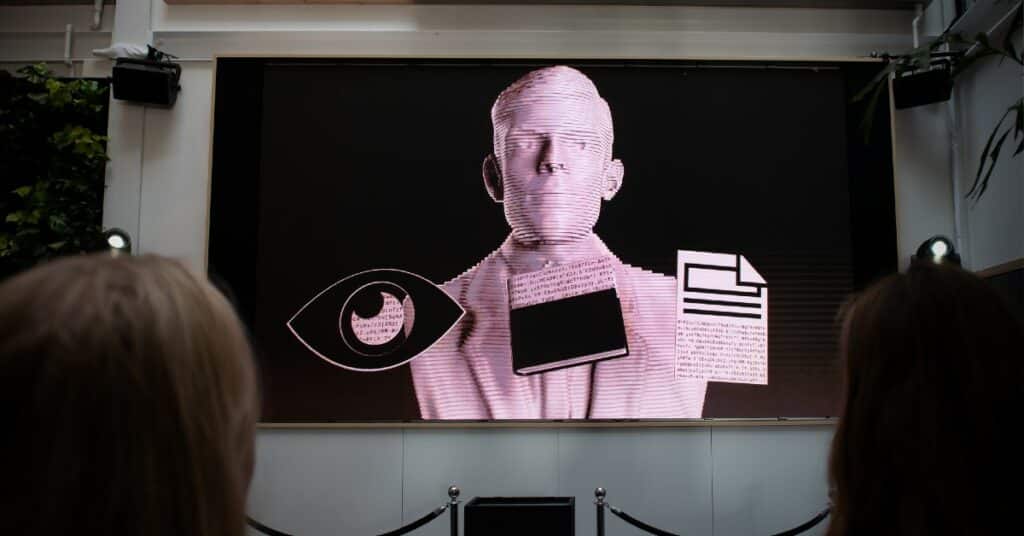
When it comes to AI-based chemistry, the technology has proven to be fast, efficient, and cost-effective for drug discovery. From Sanofi to AstraZeneca, major pharma companies have jumped on the bandwagon to patent new molecules discovered using a computer.
However, not enough emphasis is being given to Chemical Robotics, a field that talks about machines with a brain capable of formulating hypotheses and testing them by performing countless experiments without human intervention.
Tibaldi says Chemical Robotics will pave the way for self-driving labs and sees an opportunity for the Netherlands to become a leader in this space.
To that end, ChemAI will have two parallel sessions on future-focused solutions in the field of Life Sciences and Chemical Robotics.
These sessions are designed to firstly explain the topic to the audience and show them real world applications.
Tibaldi doesn’t shy away from admitting that he is not only focused on ChemAI being held in November but also writing down ideas for next year’s event.
He sees the inaugural ChemAI event as an opportunity to collectively bring the chemical industry together and push them to embrace the human capital already available in the Netherlands.
For industry leaders, ChemAI will be an opportunity to see how the expertise in Ai applied to science is not readily available everywhere in the world.
“They should play their role in nurturing this talent, investing in it, offering space within their company, giving trust to pioneering projects,” he says.
He cites the US where most peer-reviewed AI publications come from corporate-affiliated researchers as opposed to Europe, where 80 per cent come from public institutions.
With many chemists already saying that the AI revolution is yet to happen for them because of the lack of useful data, there is real opportunity for the Dutch chemical industry.
It is critical for traditional chemical companies to start exploring more concrete use of AI and ChemAI wants to be their starting point. The event is poised to drive innovation in chemistry but its real impact will lie in driving creation.




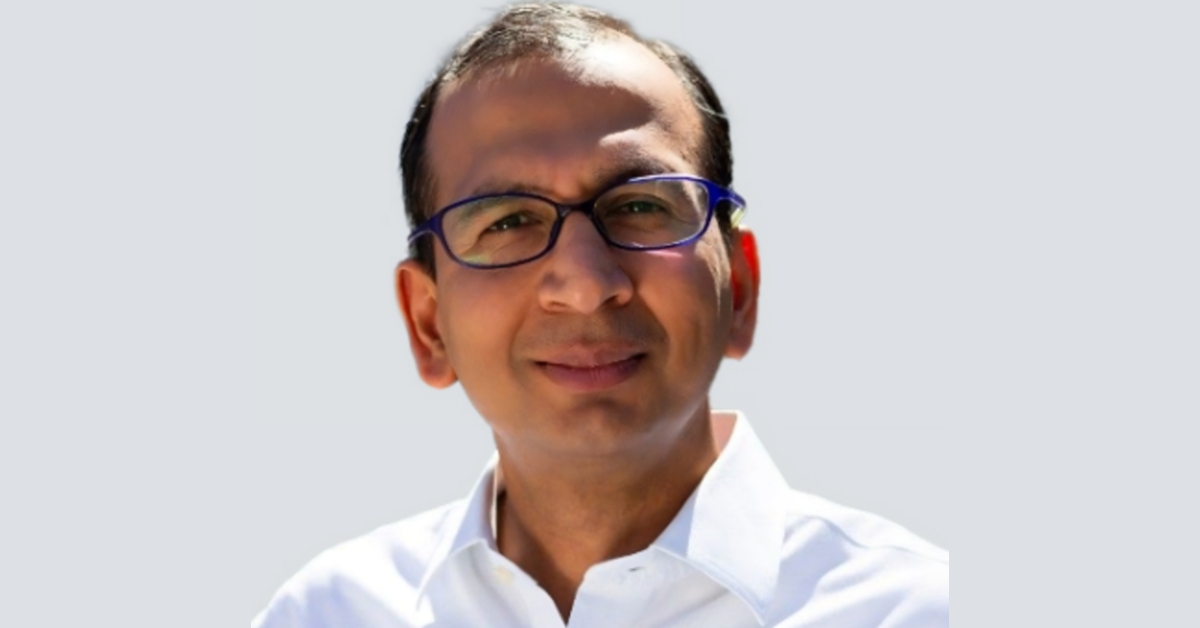

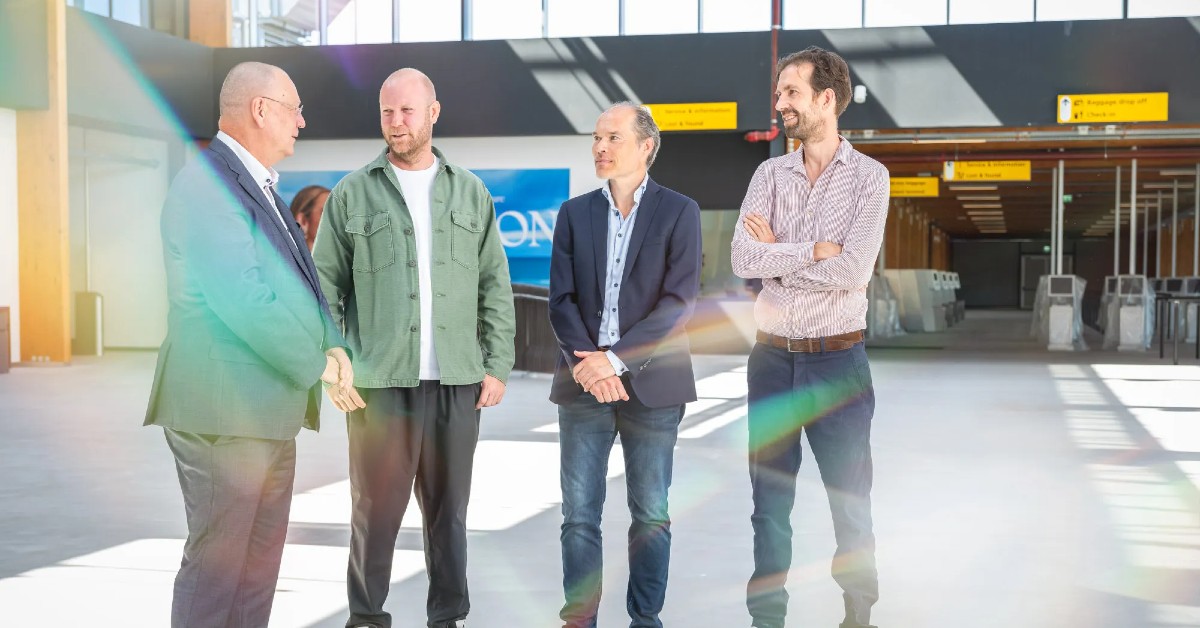

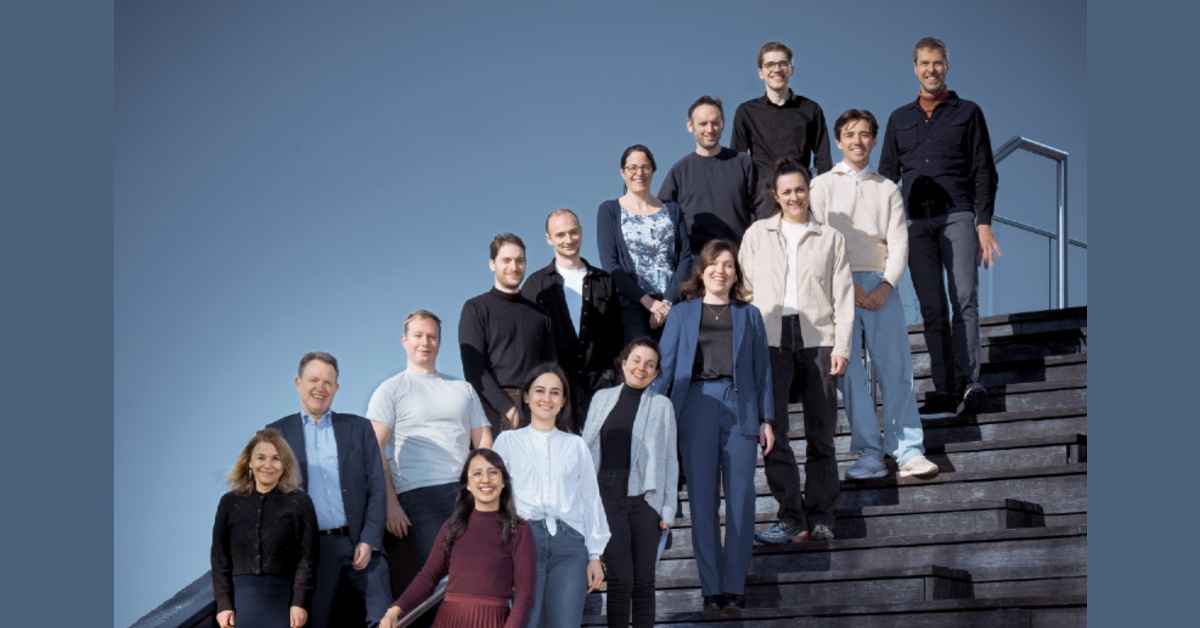

01
From telecom veteran to Dutch Startup Visa success: The Jignesh Dave story